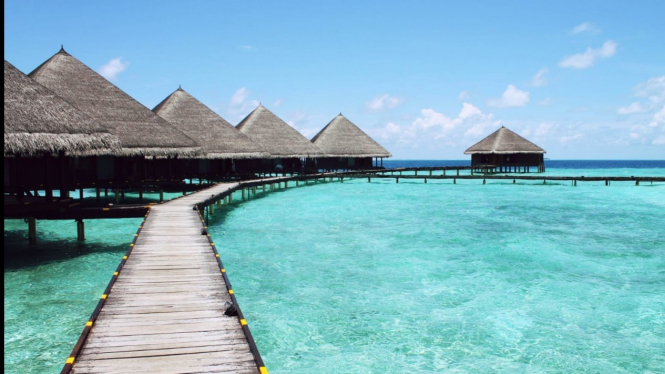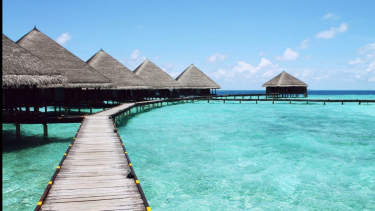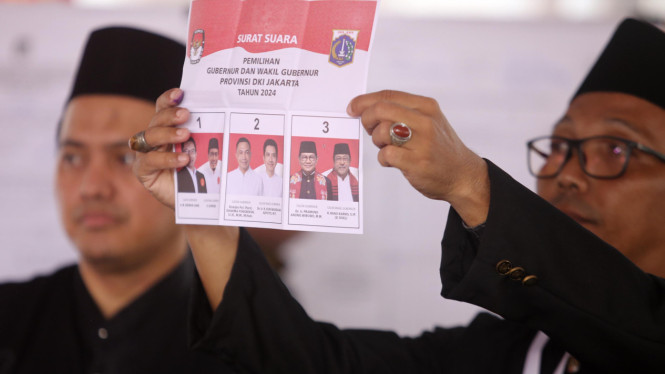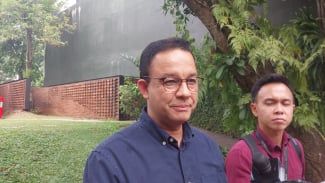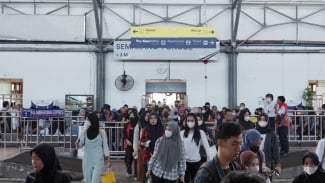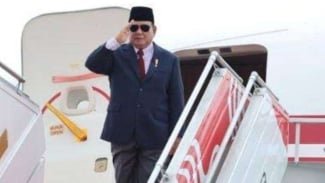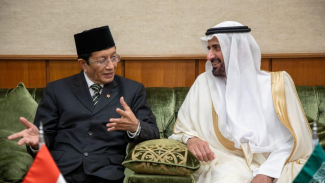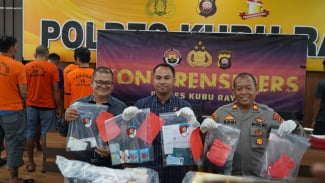Seven Tourism Issues Must be Handled by All Parties Collaboration
- vstory
VIVA – Head of the National Development Planning Agency (Bappenas), Suharso Monoarfa, has stated that seven tourism issues must be handled by the collaboration of all parties. It aims to realize quality tourism.
"Quality tourism is shown by an increase in added value received by the hosts or local communities, and an increase in foreign exchange value through increasing the length of stay and spending of tourists," Monoarfa stated during a ministerial meeting held to finalize the National Integrated Tourism Master Plan (ITMP) at the Bappenas Office.
Realizing great tourism in Indonesia will also require improving the quality of attractions, the readiness of industry and the community, and the capacity of tourism human resources, he added.
Meanwhile, the seven tourism issues are the lowering of environmental quality, poor governance of destinations, poor services, low tourism human resource capacity, limited access to air, land, and sea transportation, lack of investment in the tourism sector, and lack of disaster preparation.
Menteri PPN/Kepala Bappenas Suharso Monoarfa.
- Anisa Aulia/VIVA.
Currently, the collaboration is facilitated through the Integrated and Sustainable Tourism Development Program (P3TB) with the hope that each developed destination has a clear and coordinated direction to improve governance, accessibility, basic infrastructure, community capacity, and increased investment.
"The tourism destinations discussed in this meeting include Lake Toba, Borobudur-Yogyakarta-Prambanan, Raja Ampat, and Wakatobi," he informed.
On that occasion, Monoarfa also revealed that future tourism sector planning guidelines that need to be considered together include increasing competitiveness and building the resilience of the tourism sector, including through diversification of economic activities in the tourism supply chain.
"This is supported by the readiness of tourism destinations, improvement of a conducive business environment, including for micro, small and medium enterprises (MSMEs), and the development of a quality tourism image," he said.

